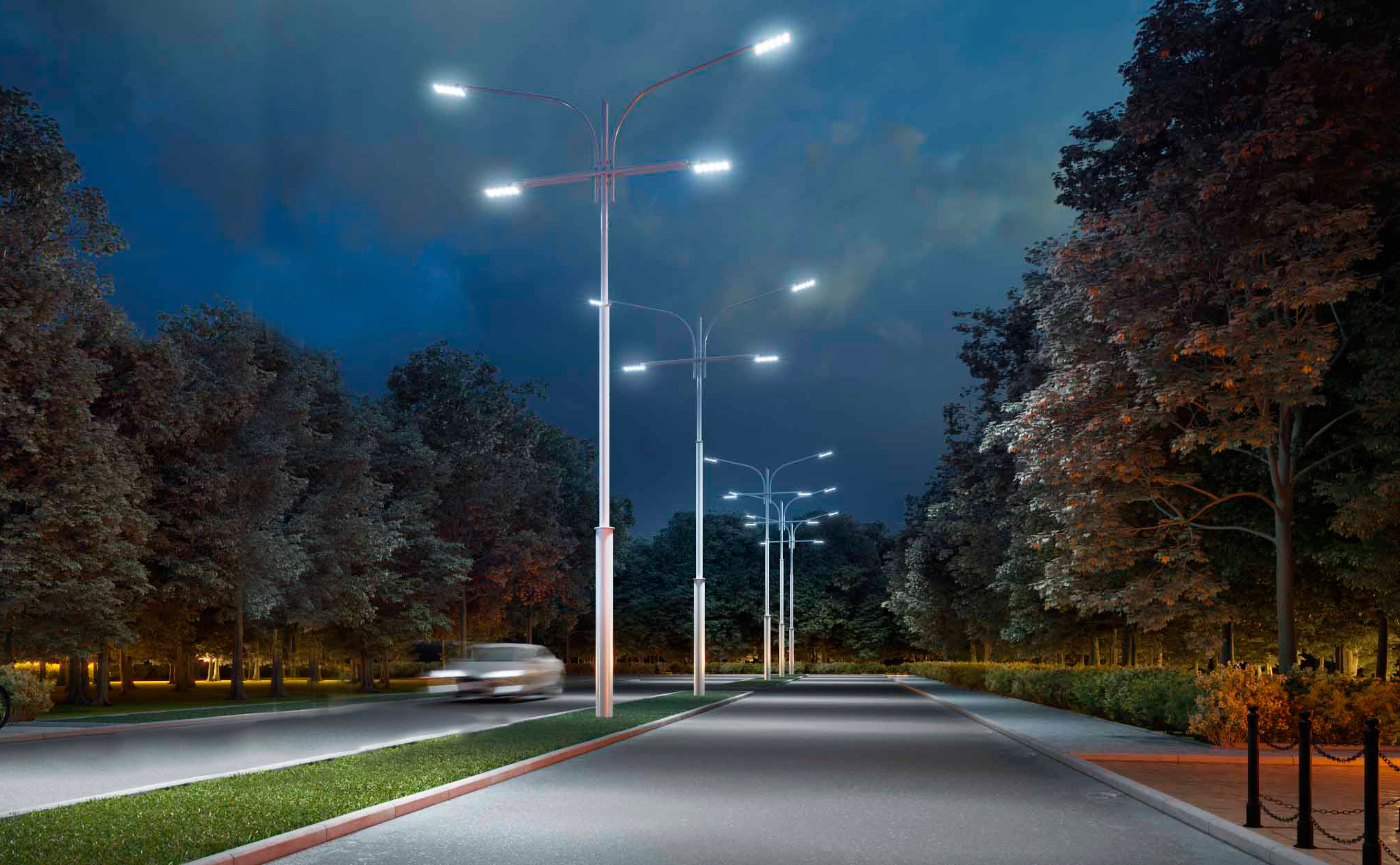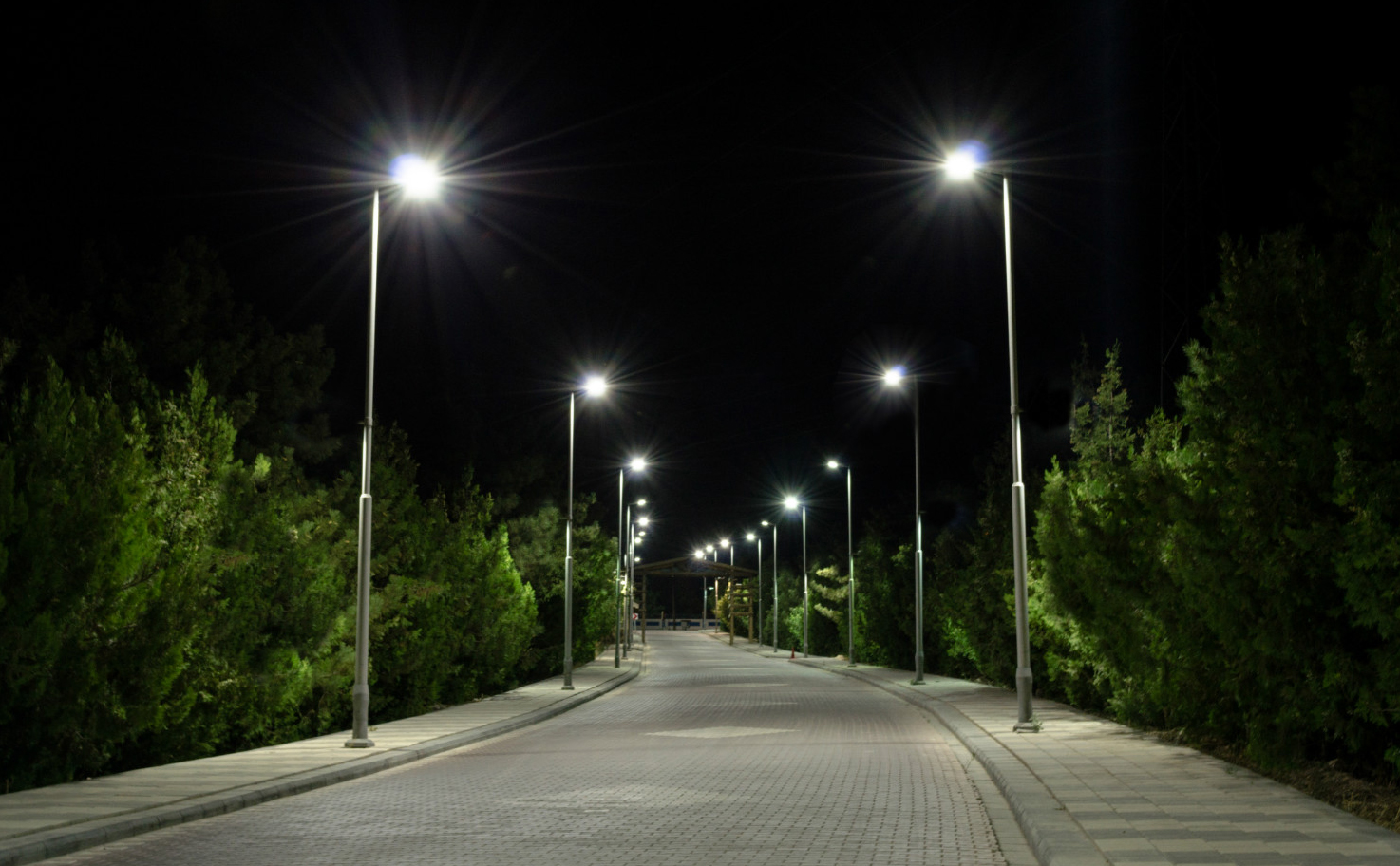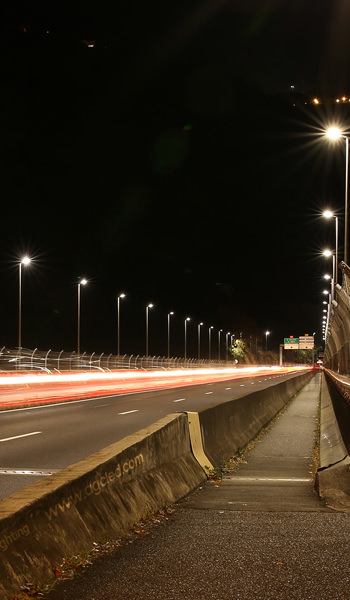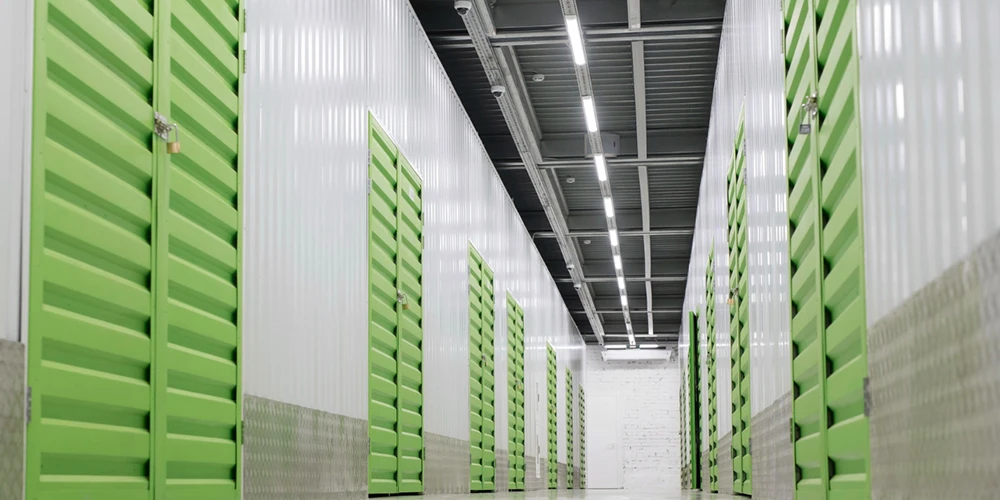In today’s society, energy-saving measures are constantly advancing to stay on top of technology trends and work as smartly and efficiently as possible. To stay ahead of the game, it is important for the application of energy-saving methods.
For this to be accomplished in outdoor lighting like LED street lights, illumination control should be accurate, meaning that lighting project engineers should combine the LED street lights and the smart controllers from different suppliers into an optimal lighting solution. Because of the information asymmetry between the two sides in the technical field, lighting project engineers are prone to recommend the scheme in their interest to earn more money, slash excess stocks, and pursue the maximum profit. However, this is unfair to you. Because it is likely that the solution they're recommending is not in your interest, even if it costs you extra financially.
Accurate control provides a greater possibility of saving energy, reducing cost, and integrated control. knowing this related information and how LED street lights work with photocells is important for you to select appropriate lighting projects and keep you away from purchasing traps. Here are 7 things you need to know about LED street lights and photocells.
- 1. The situation of street light application
- 2. The current expectations of LED street light control
- 3. The defects of time control only
- 4. The defects of daylight control only
- 5. The scientific principle of photocell
- 6. Three control modes of photocell
- 7. The basic function of LED street lights with photocell
1. The situation of street light application
Street light is the main component of the city lighting project. At night, the lighting of the street light plays a very important role. currently, traditional street lamps are gradually being replaced by LED street lights. LED streetlights are widely used due to their high luminous efficiency, long life, low energy consumption, and easy installation.


2. The current expectations of LED street light control
The monitoring of city street lights is always a frontier subject at home and abroad in the lighting field. Most of the researchers have been doing in-depth research. GPRS and Internet technology are the main technical means, which can be used to reasonably organize the software structure and make the staff of the control terminal quickly obtain all the information under their authority through the host server. So it is easy to achieve remote detection of the working status of street lights and timely issue control commands. Here are some expectations of LED street light control in current.
a) Specific
Previously, the control of street lights was realized by the centralized control of the whole area or the whole line. With the enhancement of people's awareness of energy conservation and environmental protection, people have new requirements for the control of street lights. Now the control requires precision control which can achieve the control of every light. It not only needs to be able to control the status of the street light but also needs to be able to understand the working status of a specific street light.
b) Intelligent
The control system can intelligently monitor the street lights and turn them on automatically when there is a demand for illumination and turn them off accurately when the lighting is no longer needed.
c) Remote
The control system enables street light monitoring to achieve remote control through the GPRS network, Internet technology, and power line carrier technology. The monitoring personnel can obtain the working conditions of the street lamps at any time and from any place and monitor them. Any information acquisition and control operation does not need to be carried out on the site.
d) Energy-saving
The goal of LED street light operation control is to save as much energy as possible under the requirement of ensuring basic illumination, achieving maximum energy conservation.
3. The defects of time control only
Time control adjusts the on/off of LED street lights based on a timed event, which may be implemented using built-in timer control. At the planned time, the controlled LED street lights will turn on/off to save energy. This control means is highly suitable for the period in which there is no change in the weather during the same season. Because the time of sunset and sunrise is relatively fixed during this period, the switching time of street lamps can be set based on this steady seasonal law.
However, the seasons change with time. Although controller vendors have already launched time controllers by the local four seasons of sunrise and sunset change rules, from the winter solstice to the summer solstice, the light on time gradually postponed, and the light off time gradually advanced; During the transition from summer solstice to winter solstice, the time of turning on the lights is gradually advanced and the time of turning off the lights is gradually delayed, human beings are still unable to ensure the weather changes in each time period. Changes in the weather can change the time of darkness/dawn. This may result in the fact that it is already dark and the lamp is not turned on, or that it is already daylight and the lamp is not turned off. This is still a waste of energy to some extent. On sunny and rainy days, ON and OFF times differ noticeably which is one of the major disadvantages of using timer circuits for switching the street light system.
4. The defects of daylight control only
Daylight control its on/off standard is the illumination value of the position of the street light. The light is automatically turned on and off by sensing the illumination value of the surroundings. By using this automatic control means for street lights, we can reduce energy consumption significantly and accurately. However, the occasional lightning, flashlight irradiation, automobile irradiation, and other light irradiation will give the light probe a wrong signal, so as to send the wrong turn-off instruction. Or the leaves shade the detect unit and the fallen leaves briefly cover the light probe also resulting in the wrong turn-on.
5. The scientific principle of photocell
Photocells are semiconductors that are light detectors. They are essentially light-dependent resistors because they have an output that is proportional to the amount of light that falls upon them. Because of this effect, they are also known as photoresistors or light-dependent resistors. Photocells convert light energy into electrical energy. When no light is present, they have a very high resistance that may be millions of ohms. In contrast, when light is present, their resistance lowers greatly to a few hundred ohms. This allows more current to flow inside the circuit.
6. Three control modes of photocell
There are three control modes of photocell. these three modes can work either individually or in any combination. They are regular time control mode which users can set the on/off time freely; daylight control which is controlled by the light control probe according to the light intensity set in advance; and mixed mode (both time control and daylight control) can enable both modes at the same time and the priority of daylight control is higher than that of time control. The most commonly used is the multi-functional advanced mixed control mode integrating daylight control and time control. Because it can flexibly judge whether to provide light or not according to the energy-saving needs, to achieve the best energy-saving effect.
7. The basic function of LED street lights with photocell
Most quality outdoor LED street lighting fixtures will come equipped with a factory-installed photocell which tells the street light when it should operate. Because they sense ambient light levels, photocells automatically adjust to seasonal changes in the day/night cycle and don't need to be seasonally adjusted like a time controller. the function of some advanced photocells, even, is adjustable, you can choose the light level that fits your local situation. This can also be used to turn various outdoor lights off at dawn and back on when the sun sets. (such as installing LED garden lights, LED flood lights, LED wall pack lights, etc). Knowing the basic function of LED street lights with photocells and finding out how these products enhance the street lighting system will give you a deeper understanding of energy conservation and will help you make excellent lighting solutions.
The controllability of LED street lights results in an ideal pairing with intelligent controls, combining to minimize energy costs. Contact us to get your satisfied LED street light.












